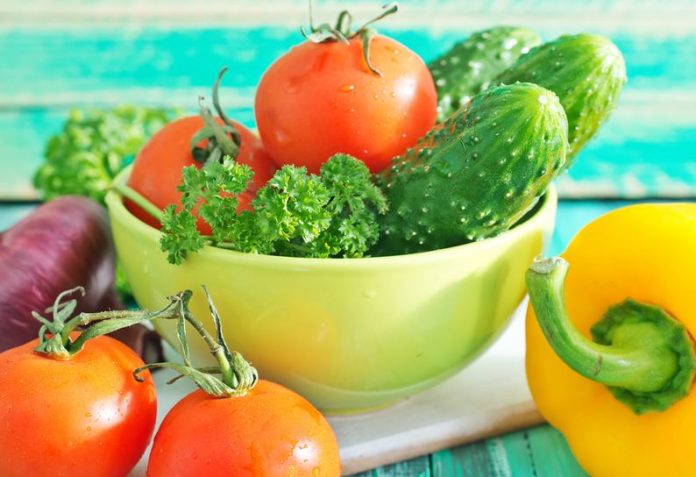If you are a vegetarian parent you have probably considered putting your child on a vegetarian diet. Not only would it save you time and make meal planning easier, but for dietary reasons or ethical reasons, you may believe it is the best choice for your child.
Conversely, you may not be a vegetarian but you may have a child who is at a vegetarian phase where he or she is rejecting meat but doesn’t eat enough healthy foods to compensate for the nutritional gap.
Whatever the case may be, you may be wondering if a vegetarian diet is a sustainable, healthy choice for your child. Or, perhaps you have heard that a vegetarian diet could potentially stunt the growth of your child.
These concerns probably prevented you from putting your child on a vegetarian diet up to this point.
You should be aware that these concerns are in-fact legitimate issues and that if a vegetarian diet is poorly planned, it can cause serious long term and short term deficiencies especially in children who do not have sufficient stores of vitamins and minerals in their bodies as yet.
If you have not done sufficient research and are not well-prepared for the task of putting your child on a vegetarian diet, then you probably should not.
However, if you’ve done your research and are aware of the kind of nutrients that vegetarian diets lack, then you know that these problems can easily be overcome with some meal planning.
You will probably be aware that putting your child on a vegetarian diet can greatly improve his or her health and limit the exposure to animal products that are often linked to hormones and preservatives.
To begin your child on a vegetarian diet you should make sure that your meal-planning ensures enough of the following elements that vegetarian diets lack:
1) Protein – make sure that your child is getting enough protein from additional sources such as nuts and soybeans.
2) Calcium – ensure that your child is getting enough calcium in his diet by including lots of green leafy vegetables to his diet.
3) Iron – add more iron to your child’s diet by increasing beans, soybeans, tofu, and cereals.
4) Zinc – enhance your child’s Zinc intake by increasing, nuts, peanut butter, and mushrooms.
If you concentrate on compensating for all of these common deficiencies that vegetarian diets lack, then, you can absolutely put your child on a vegetarian diet without any negative consequences.

